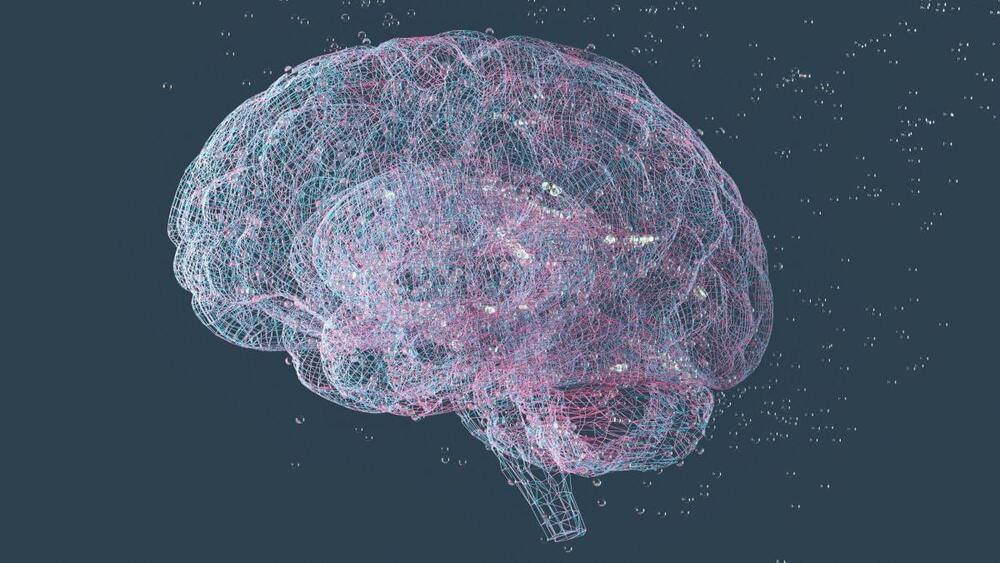The findings could have implications for long-duration space missions.
The researchers found that the total PVS volume of novice astronauts increased after their trips to space. The PVS of experienced astronauts, by contrast, did not show this growth — in fact, their total PVS volume actually decreased. This may indicate that their brains “reached some kind of homeostasis,” Piantino said in a statement. In other words, their brains may have adjusted more to microgravity after previous spaceflight.
In fact, the researchers found that the total PVS volume of experienced astronauts before their current flight tended to be higher, and that this baseline volume correlated with previous amount of time spent in space. Though neither of these trends were statistically significant, meaning they could have happened by chance, they fit with previous research suggesting that changes in the brains of astronauts depend on the total time spent in space and the frequency of space missions.
Although PVS volume gradually increases as people age, the members of the Earth-based control group did not experience the kind of PVS changes that the novice astronauts showed. The PVS are part of the glymphatic system, which clears out waste from the brain, mostly during sleep. Other health conditions — such as dementia and hydrocephalus, or the buildup of too much fluid in the brain’s ventricles — can affect these spaces. The results of the new study may help to address the effects on these brain structures that result from health conditions on Earth.
